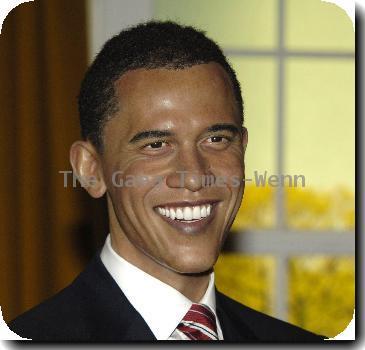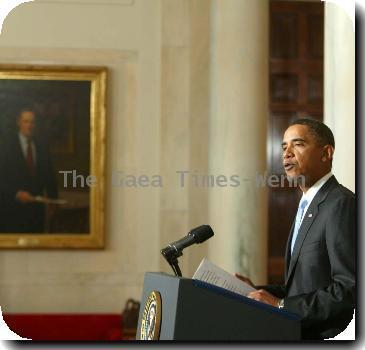NATO officials meet to pledge more instructors for Afghan security forces
By APTuesday, February 23, 2010
NATO seeks more trainers for Afghan army, police
BRUSSELS — Military officials from NATO’s 28 members and other allied nations met Tuesday to work out how they will pledge at least 2,000 new instructors to train the fast-expanding Afghan security forces.
Alliance members have indicated they will commit the numbers needed, but it remains unclear if they will have enough trainers with the qualifications requested by Gen. Stanley McChrystal, the U.S. and NATO commander in Afghanistan, in his appeal for at least 2,000 new trainers and mentors to work with the Afghan army and police.
“The focus is absolutely on the trainers,” said Col. Greg Julian, spokesman for NATO’s supreme military command. He said the results would be presented to the North Atlantic Council — NATO’s highest political group — later this week.
European allies in December pledged more than 7,000 more soldiers for the international force in Afghanistan. With the 30,000 U.S. reinforcements committed by President Barack Obama, the total number of foreign troops should reach about 140,000 members by next summer.
The strategy is to eventually hand over responsibility for the war against Taliban militants to Afghan government troops, but the allied training mission is still short by more than 100 training teams.
“I want to stress again that at the end it’s the training mission of the police and the army that is the key to the success of the strategy,” Richard Holbrooke, the U.S. special envoy for Afghanistan and Pakistan, told reporters in Berlin.
With European capitals tightening defense budgets and growing public opposition to what many see as an unwinnable war, NATO hopes to see the Afghan National Army grow from about 97,000 troops to 171,600 by the end of next year, and the Afghan National Police from about 94,000 officers to 134,000.
Within five years, the Afghan security force should reach 240,000 soldiers and the police 160,000.
But in a dramatic political fallout, the Dutch government collapsed Saturday after Prime Minister Jan Peter Balkenende tried to amend an agreement to bring the Netherlands’ 2,000-strong contingent home this year. A majority of the Dutch parliament during a debate last week had backed the withdrawal.
The Dutch crisis has prompted fears that other NATO nations could rethink their commitments to the eight-year war. Canada also plans to remove its 2,800 troops from the country by next year.
Tuesday’s staff-level meeting in the Belgian city of Mons is part of a regular series of “force-generation” conferences aimed at getting personnel for all NATO missions, including those in Kosovo, the anti-piracy naval patrols off the Somali coast and an anti-terrorist naval force in the Mediterranean.
The Mons conference coincided with a statement in Washington by U.S. Defense Secretary Robert Gates who said that the European allies’ reluctance to resort to military force was limiting NATO’s ability to fight effectively.
The United States has frequently called for a far-reaching reform of the alliance to enable it to engage more effectively in operations outside its traditional area of responsibility in Europe.
Associated Press Writer Robert H. Reid in Kabul contributed to this report.
Tags: Afghanistan, Asia, Barack Obama, Belgium, Brussels, Central Asia, Europe, Geography, Netherlands, North America, United States, Western Europe





